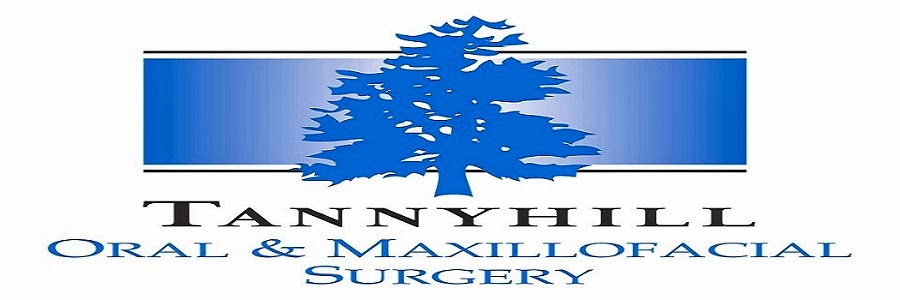Wisdom
teeth are the third molars located at the last tooth position of each
jaw quadrant. They are the last teeth to grow, usually appearing
between the ages of 16 and 34. People usually have four wisdom teeth,
but it's possible to have more or fewer than that. Extra wisdom teeth
are called supernumerary
wisdom teeth. Absence of one or more is a condition called
hypodontia.
Wisdom
teeth are extracted to correct an existing problem (e.g., when a
wisdom tooth is impacted) or to prevent problems that may arise in
the future. Problems that may be caused by impacted wisdom teeth
include infections due to food particles trapped in the area where
brushing and flossing is difficult or ineffective. In certain cases,
such infections are a frequent occurrence, which can cause a person
to suffer considerable pain, even medical danger. Impacted wisdom
teeth causing increasingly higher pressure inside the jaws as the
teeth grow can also cause unbearable suffering.
Wisdom
tooth extraction should only be performed by a dental professional
with sufficient training and experience in such procedures. The
reasons behind a patient's need to have his wisdom teeth extracted
should be explained to him fully by his dentist after a dental
examination, which often includes x-rays. A panoramic x-ray is the
best available diagnostic tool for people with problematic wisdom
teeth.
